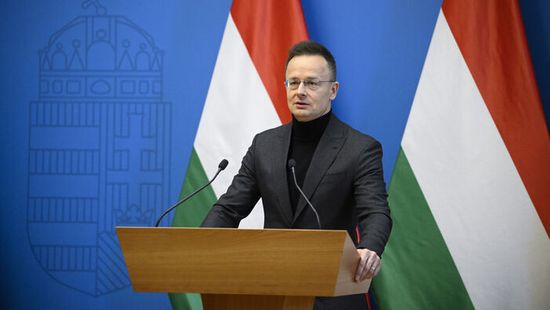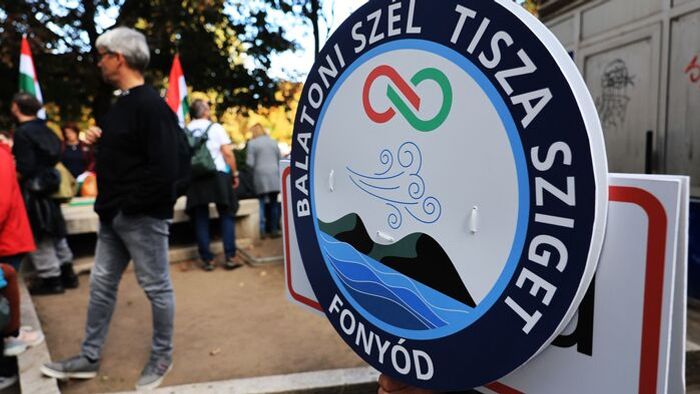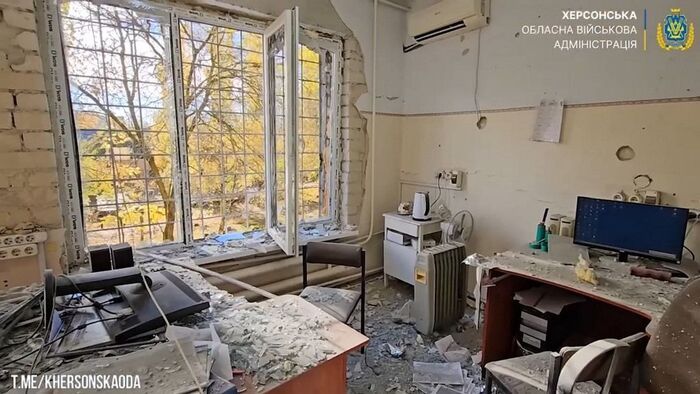As the Hungarian government member who has also visited Kyiv and is a regular guest in Ukraine, what's the mood like at this time?
I have indeed visited Ukraine quite a few times since the outbreak of the war, although I have not ventured beyond Kyiv. Overall, Ukrainian-Hungarian relations are varied: there are those who are in favor of political debates and continue to show openness and seek dialogue. Historically, however, there were no serious disagreements between the two countries for a long time, and we were even among the first to recognize their independence, which they haven't fogotten. Until 2014, everything was basically fine, as far as can be said of two neighboring Central European countries with a rich history. The primary reason for this was that the previous Ukrainian governments treated minorities liberally and fairly. Even if Kyiv didn't have the money to develop the Transcarpathian region, the Hungarians living there could live in safety. This changed after 2014, when Hungarians also fell victim to the measures taken primarily against the Russians. However, neither the Transcarpathian Hungarians nor Hungary tolerated the deprivation of rights silently.
The conflict led to the point where some people in Kyiv truly believed that Hungary posed a security threat to Ukraine.
There was obviously little chance of us understanding each other amidt such an atmosphere. However, we have never given up our belief that the existing problems can be resolved.























Szóljon hozzá!
Jelenleg csak a hozzászólások egy kis részét látja. Hozzászóláshoz és a további kommentek megtekintéséhez lépjen be, vagy regisztráljon!